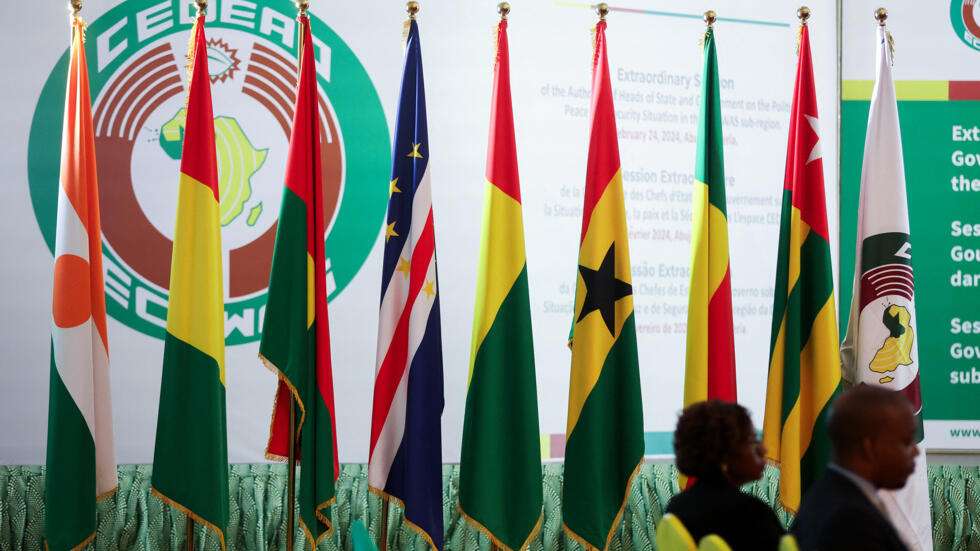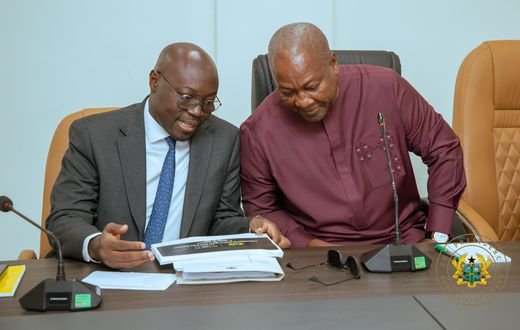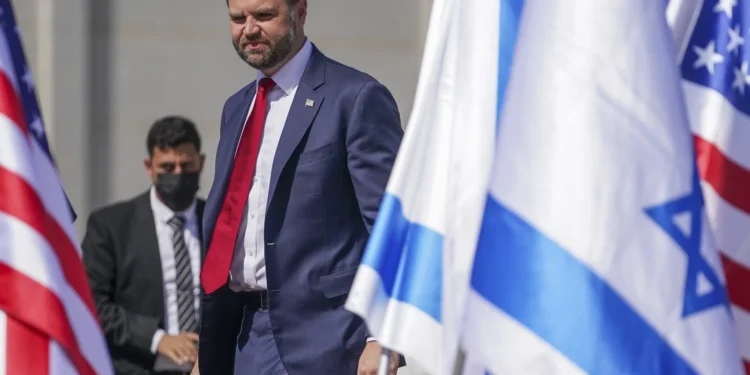Niger’s highest court has revoked the immunity of former President Mohamed Bazoum, nearly a year after mutinous soldiers ousted him.
This move paves the way for the military junta to prosecute him for alleged high treason, his lawyer revealed on Friday, June 14.
Bazoum and his family have been under house arrest since the military coup last summer, which abruptly ended his democratic rule.
However, in January, Niger’s military tribunal granted the ousted president’s 23-year-old son, Mohamed Bazoum Salem, provisional release from house arrest.
The junta announced plans to prosecute President Mohamed Bazoum for “high treason” and undermining national security.
Earlier this year, they initiated legal proceedings to lift his immunity through a newly established State Court, now the nation’s highest judicial authority.
Before his removal, Niger was a key security partner for Western nations in the Sahel, a region south of the Sahara Desert plagued by violent extremism.
However, the new military leadership ordered the expulsion of Western troops and sought security assistance from the Russian mercenary group Wagner.
The US Department of Defense announced earlier this month that American forces would leave Niger by mid-September.
The State Court’s proceedings have been criticized for serious irregularities, including violations of Bazoum’s rights to present evidence, communicate with his legal counsel, and be heard by an independent court, as reported by Human Rights Watch (HRW).
The prominent rights organization highlighted the lack of due process in the case against the former president.
Reed Brody, Bazoum’s lawyer, condemned the ruling as a “mockery” of justice in Niger.
“We never even got to speak to our client,” Brody stated, calling the situation a “travesty of justice.” According to HRW, Bazoum’s legal team has been unable to communicate with him since last October and has had restricted access to case materials.
The legal struggle surrounding Bazoum’s detention and trial has drawn international attention.
ECOWAS And AU’s Position On Bazoum
Late last year, the highest court of the West African regional bloc ECOWAS declared that Bazoum and his family were arbitrarily detained and called for his reinstatement.

Also, the African Union Principles on the Right to a Fair Trial stipulate that a fair hearing in any legal proceeding must include access to legal counsel, sufficient time to prepare a defense, and the right to appeal to a higher court.
The African Union urged Niger’s authorities to discontinue the current proceedings. If there are legitimate charges against Bazoum, they should be brought before the regular criminal courts, and all fair trial rights should be upheld.
Despite this ruling, the junta has continued to hold Bazoum and move forward with prosecution plans, raising concerns about the future of democratic governance and rule of law in Niger.
High treason is the crime of betraying one’s country, especially by attempting to kill or overthrow the sovereign or government.
Should Bazoum be found guilty by the State Court, he may face the death penalty.
Niger officially retains the death penalty but has not executed anyone since imposing a moratorium in 1976. In 2018, no death sentences were issued, and the current number of inmates on death row is unknown.
Although Niger ratified the International Covenant on Civil and Political Rights (ICCPR) in 1986, the government drafted a bill in 2014 to authorize the ratification of its Second Optional Protocol.
The bill seeks to abolish the death penalty, but the ratification process has not yet been completed.
The international community watches closely as the situation unfolds, amid ongoing instability and shifting alliances in the Sahel region.
The outcome of Bazoum’s case could have profound implications for Niger’s political landscape and its relations with global powers.
READ ALSO: NCCE Chair Condemns Vote Buying, Urges Policy Focus Amidst Rising Extremism























